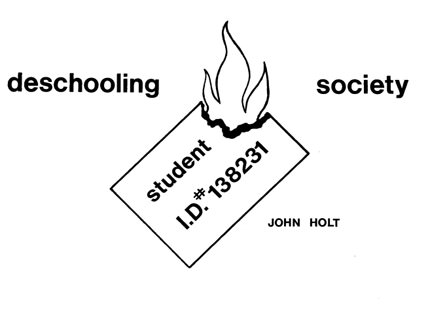

Quite the opposite, they recognized that their free market wet dream could never be realized in a functioning democracy and welcomed the opportunities opened up by the Chicago Boys-tutored dictatorships in Latin America’s southern cone in the 1970s. The first of these, posted September 19, calls Klein’s intensively researched and tightly argued book a “screed,” and says that anyone who still believes the old Friedman-Pinochet “chestnut” should read a year-old article by Reason’s Brian Doherty, in which he explains away Friedman’s “hardly-knew-the-guy” relationship with Pinochet and his brutal dictatorship.īut Klein has the goods on this old “chestnut.” As she shows, Friedman and his Chicago Boys were not all that bothered by Pinochet’s bloody rule. The only mentions of Klein’s book on the Reason site are a couple of easy dismissals by blogger Michael C. I was even going to make some popcorn for the read.īut two months after SxCx posted the question-“So who's reviewing Naomi Klein's searing indictment of that bloodthirsty scoundrel Milton Friedman?"-the answer appears to be: No one. It's a body slam alright, and I was really looking forward to Reason’s blistering but reasoned 5,000-word response to Klein’s book. In an extra dig at anti-war Friedmanites like the ones at Reason, Klein argues that today’s neocons-bogeymen on par with Communists at the magazine-are really just Friedmanites with bombs and pure Friedmanites are really just neocons who prefer others to drop the bombs for them while they discuss economics. Whether you agree with her or not, Klein’s book is a serious one, a monster shot across the bow of staunch Friedmanites like the ones at Reason, who maintain that free markets and free societies are peanut butter and jelly. Klein gives us lots of well-sourced case studies. Thus the grand neoliberal experiments have always taken place in places like Pinochet’s Chile. Rarely if ever, argues Klein, have radical free market policies-most closely associated with the career of Milton Friedman and his University of Chicago spawn-taken root in a democratic system in which the public was involved in, or even fully aware of, what was happening.

Boiled down, The Shock Doctrine argues that the imposition of unpopular neoliberal economic reforms have always required “shocks”-coups, wars, terror campaigns, natural disasters-before they can be forced onto dazed and distracted publics. The book is 500+ pages, and there is a lot to respond to. I couldn’t wait to see how the world’s best written and most combative libertarian publication responded to Klein’s devastating critique of the idea that libertarian economics are synonymous with, or even compatible with, free societies. As soon as I closed it, I jumped on the computer and loaded. I found the post earlier today, about five minutes after I finished the book. This comment was posted on Reason magazine’s blog by a reader identified as “SxCx” on September 13, around the time Naomi Klein’s new book, The Shock Doctrine, hit the shelves. “So who's reviewing Naomi Klein's searing indictment of that bloodthirsty scoundrel Milton Friedman? I read a few pages in the store, and it appears he was little more than a bookwormy Jim Jones.” Alexander Zaitchik, The Exile, November 18, 2007


 0 kommentar(er)
0 kommentar(er)
